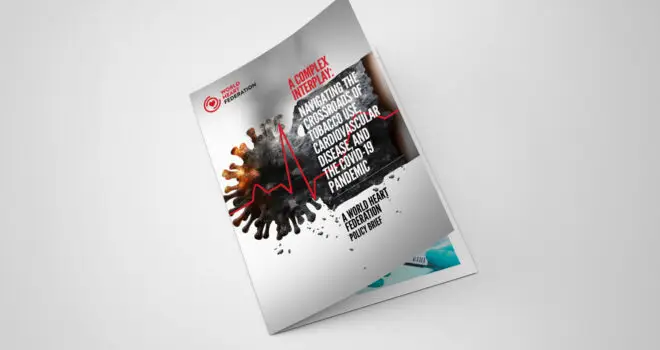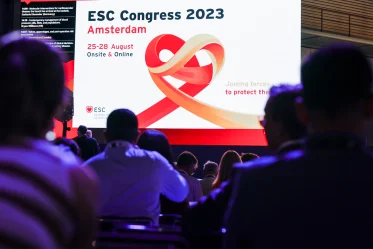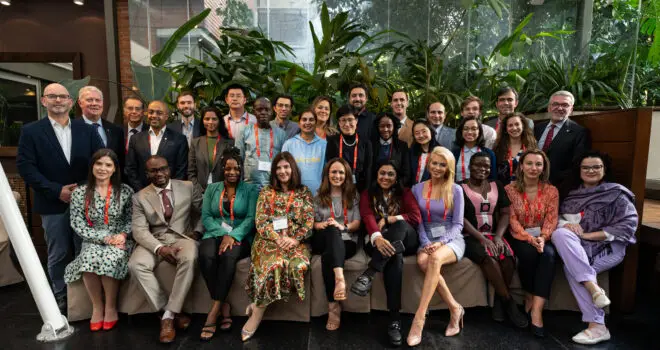This is a statement made at the 74th World Health Assembly Special Session (29 November – 1 December 2021) on Agenda Item 2: Consideration of the benefits of developing a WHO convention, agreement or other international instrument on pandemic preparedness.
Honourable Chair, Distinguished Delegates,
Following careful review, the WGPR[1] has concluded that key aspects of emergency preparedness fall outside of the scope of the IHR[2] and may be best addressed by a new instrument. As the chief representatives of the global circulatory health community, the World Heart Federation, supported by the Global Coalition for Circulatory Health and NCD Alliance, calls on Member States to adopt a Framework Convention or similar binding instrument to mitigate the impact of future pandemics on our patients.
This instrument can go far in preparing for and preventing global health emergencies by focusing on building resilient health systems through enhanced spending and policies to tackle NCD risk factors; indicators on circulatory disease in measures of pandemic readiness; access to essential health services for people living with circulatory conditions and in low-resource settings; priority vaccination for those with underlying risk factors; and new models to deliver quality care.
Thank you.
Global Coalition for Circulatory Health Members[3]:
Framework Convention Alliance for Tobacco Control
International Alliance of Patients’ Organizations
International Council of Nurses
International Diabetes Federation
International Society of Nephrology
World Federation of Public Health Associations
World Heart Federation
World Hypertension League
World Organization of Family Doctors
World Stroke Organization
International Atherosclerosis Society
International Hypertension Society
[1] Working Group on Strengthening WHO Preparedness and Response to Health Emergencies
[2] International Health Regulations
[3] Members in bold are Non-State Actors in Official Relations with the WHO


